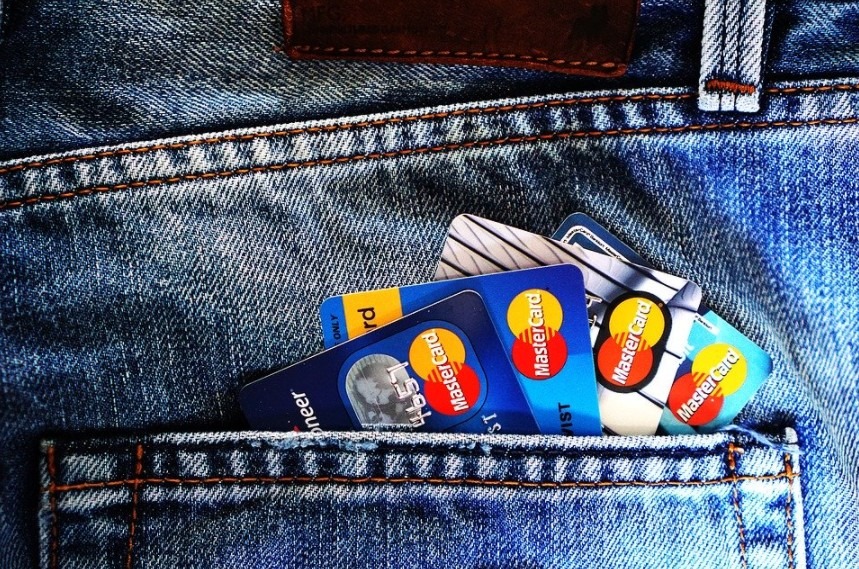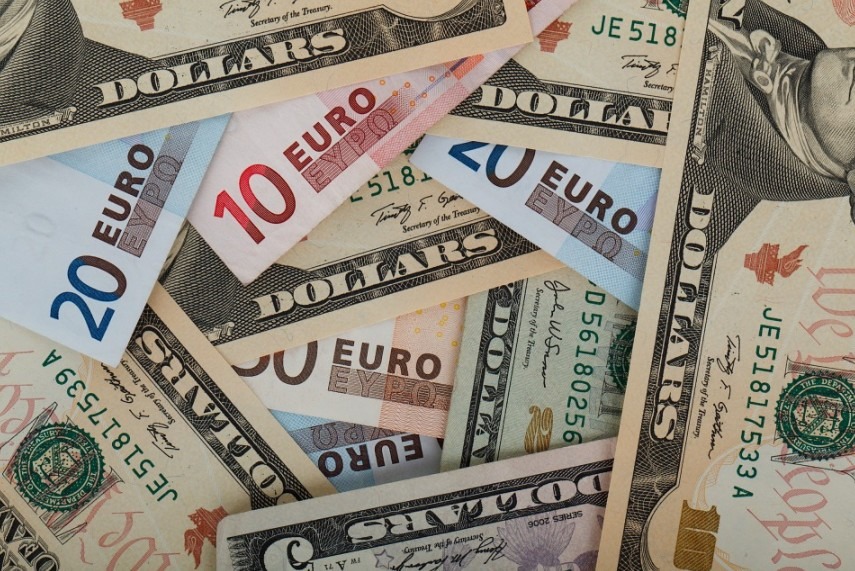The cryptocurrency is a fast-growing digital asset used as a substitute for real money to online transactions. It is also used by the players engaging to play in Crypto Casinos as their digital money. Bitcoin, established in 2009, was the earliest and the most popular cryptocurrency even today. If you had invested $1000 in Bitcoin the year it was released, you would be at least $43 million richer in 2020.
Cryptocurrencies were invented as an alternative currency that uses a decentralized format and a transparent set of rules contrary to the traditional banking set-ups we were accustomed to. By decentralizing, it means having a system where you can create, send, and receive Bitcoins without banks mediating in the process. This system allows both privacy and freedom since there will be no third parties involved in your funds.
A man under the pseudonym of Satoshi Nakamoto first successfully invented the cryptocurrency system called Bitcoins. He envisioned the system to help people without bank accounts to purchase products or pay for services online. However, only 21 million bitcoins will ever exist, making it worth much more per unit. As of this writing, the value of one Bitcoin equates to $11,762.30. Although it sounds enticing, this currency comes with its own advantages and disadvantages.
Pros and Cons of Cryptocurrencies
As there will be no banks managing your money, you can easily withdraw or deposit as little or as much as you want. No transaction charge, no minimum/maximum amount. You can also store Bitcoins in digital or e-wallets to provide faster and hassle-free payments. Major companies that accept Bitcoins include Wikipedia, Microsoft, AT&T, Burger King, and Overstock. On a side note, Overstock, America’s biggest online retailer that sells expensive items at lower prices due to overstocking, has also started accepting other forms of cryptocurrencies.
Like other bank-controlled fiat currencies, Bitcoin’s value is also affected by the movement in the world market. The highest amount of one bitcoin reached $17000 before it went back to what it was today. In 2013, the Bitcoin value plummeted to $300 and took over two years to exceed $1000 in value.
Meanwhile, some countries banned the use of Bitcoins. The China Central Bank declared the use of Bitcoins as illegal and will be punishable by law. Russia also prohibits its circulation except when using it as payment for goods and services. On the other hand, Vietnam still perceived Bitcoins as an illegitimate payment method but allowed its citizens to invest in it. Bolivia, Columbia, and Ecuador altogether inhibited using and investing Bitcoins. The decentralized nature of cryptocurrencies challenges governments in preventing illegal transactions.
Also, Bitcoins would most likely be used in illicit settings such as the deep web and black markets. Unlike opening bank accounts, you need not confirm your identity or submit a criminal clearance to own a bitcoin. A paper published in the University of Sydney Business School reported that illegal activity accounts for Bitcoin trading activity. Almost 25% of its users and 44% of Bitcoin transactions are associated with criminal schemes.
Bitcoins vs. Fiat Currencies
Fiat currencies are state-issued money that is not backed up by the value of gold nor silver. The fiat money has no intrinsic value until the government agrees and maintains its value. Most coin and paper currencies, including the US dollar, British pound, and Indian rupees, are fiat currencies. Like these currencies, Bitcoins were not subsidized by any commodity or precious metal. Throughout its history, the Bitcoins value was primarily driven by speculative interest.
A successful currency must meet standards of scarcity, divisibility, transportability, durability, and counterfeit ability. Every existing currency adheres to these qualities.
Scarcity refers to the currency’s supply. If the quantity is too high, it can cause prices to spike resulting in an economic crash. Divisibility is the ability to be broken down in smaller incremental units. A currency must be divisible to reflect the value of commodities accurately. Transportability and durability are qualities needed to circulate the money in the economy effectively. Counterfeit ability requires money to have security features to prevent the influx of fake bills.
These standards are essential in assessing Bitcoin’s significance as a currency. In terms of scarcity, Bitcoins are capped at 21 million tokens to drive value higher. Fortunately, the last Bitcoin will not be available in mining systems until 2140.
Bitcoins are also divisible up to eight decimal points. The smallest unit, 0.00000001 Bitcoin, is named “Satoshi” after its developer. Meanwhile, transporting Bitcoins has never been easy. Thanks to cryptocurrency exchanger and digital wallets, Bitcoins are easily transferred from one user to another, all without limits. The downside to transportability is that Bitcoins have no physical representation. This, however, makes the currency immortal. Bitcoins are ever durable and will not be destroyed. Lastly, the complicated and decentralized blockchain ledger allows the money to be difficult to counterfeit.
Related Links:
https://cointelegraph.com/news/crypto-cash-and-drugs-crypto-use-grows-as-drug-trade-digitalizes
https://www.investopedia.com/ask/answers/100314/why-do-bitcoins-have-value.asp
https://99bitcoins.com/bitcoin/who-accepts/
https://www.investopedia.com/articles/forex/041515/countries-where-bitcoin-legal-illegal.asp


